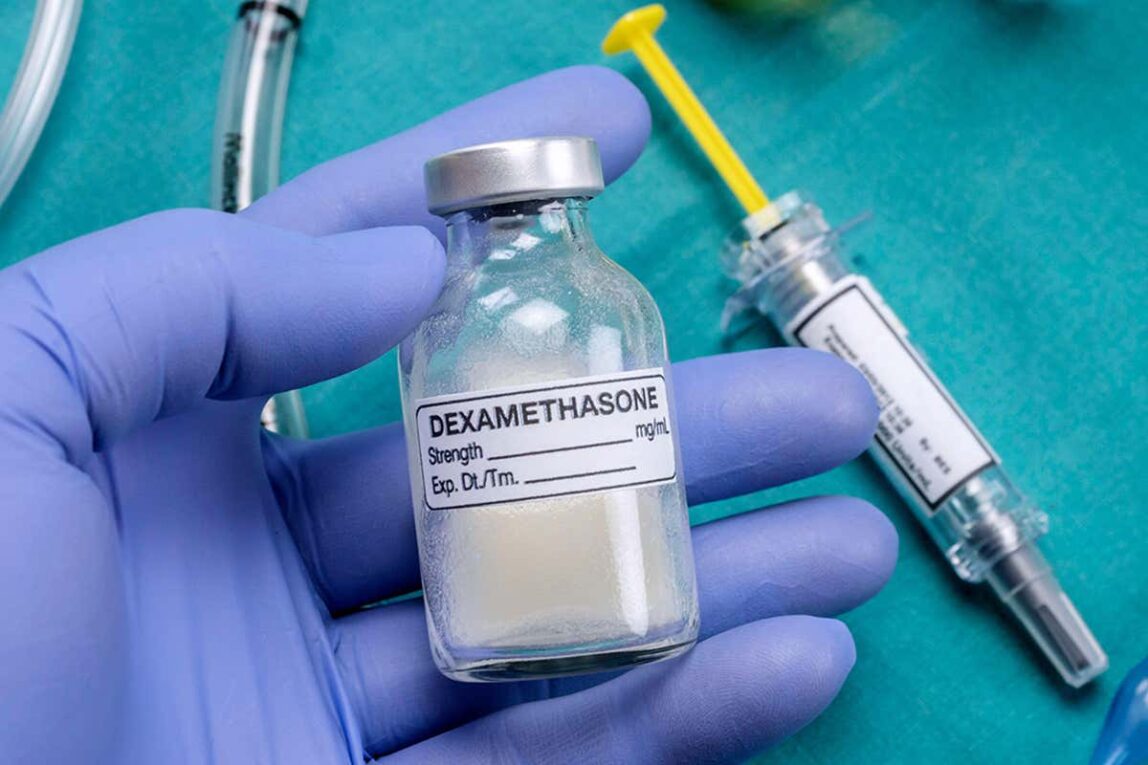A recent sub-study of the COVID-STEROID 2 trial suggests that there may be significant regional variations in the response to higher doses of dexamethasone, a steroid used to treat severe cases of COVID-19. The study, conducted by The George Institute for Global Health in collaboration with Danish investigators from CRIC, focused on patients in Europe and India and aimed to compare the effects of injecting patients with 12 mg versus 6 mg of dexamethasone daily for up to 10 days.
The results of the secondary analysis, published in The Lancet Regional Health—Southeast Asia, highlight the possibility that a patient’s geographical location may influence the effectiveness of dexamethasone as a treatment for severe COVID-19. Led by Dr. Bharath Kumar Tirupakuzhi Vijayaraghavan from The George Institute for Global Health India and Apollo Hospital, Chennai, the study sheds light on the importance of international collaboration in large-scale clinical trials related to COVID-19.
By exploring how patients in India and Europe respond differently to higher doses of dexamethasone, this collaborative research not only provides valuable data on the variations in COVID-19 research across different populations but also emphasizes the significance of sustainable global collaborative research projects. The study suggests that variations in patient characteristics, healthcare infrastructure, resource availability, and comorbidity profiles could be the cause of the regional disparities in treatment effects. Several variables, such as different levels of healthcare-associated infections, a higher incidence of diabetes, and the use of other anti-inflammatory medications like IL-6 inhibitors, could explain the observed discrepancies.
The COVID-STEROID 2 clinical trial, conducted in Denmark, India, Sweden, and Switzerland, aimed to examine the effects of two doses of dexamethasone in patients with severe COVID-19. The trial’s findings raise important questions about the need for personalized treatment approaches based on regional differences in patients’ responses to medications. Identifying these disparities is crucial for optimizing treatment strategies and improving patient outcomes.
Dr. Vijayaraghavan emphasizes the value of international collaboration in conducting such research, as it enables researchers to gather data from diverse populations and tailor treatment approaches accordingly. This collaborative effort not only contributes to the advancement of COVID-19 research but also lays the foundation for future global research projects.
The implications of the regional variations uncovered in this study are significant, as they highlight the need for further investigation into the underlying factors contributing to these differences. By addressing the challenges posed by varying healthcare infrastructures and comorbidity profiles, researchers can develop targeted interventions that are more effective in specific regions.
The study’s findings also underscore the importance of data-sharing and international collaboration in the medical research community. Sharing insights and learning from different regions can lead to improved treatment outcomes and ultimately help in managing the global impact of COVID-19.
In conclusion, the sub-study of the COVID-STEROID 2 trial reveals important regional differences in the response to higher doses of dexamethasone for severe COVID-19 patients. The collaboration between The George Institute for Global Health, India, and Danish investigators emphasizes the value of international collaboration in large-scale clinical trials and showcases the need for personalized treatment approaches based on regional disparities. By recognizing and addressing these variations, researchers can develop more effective treatment strategies and ultimately improve patient outcomes.
*Note:
1. Source: Coherent Market Insights, Public sources, Desk research
2. We have leveraged AI tools to mine information and compile it

